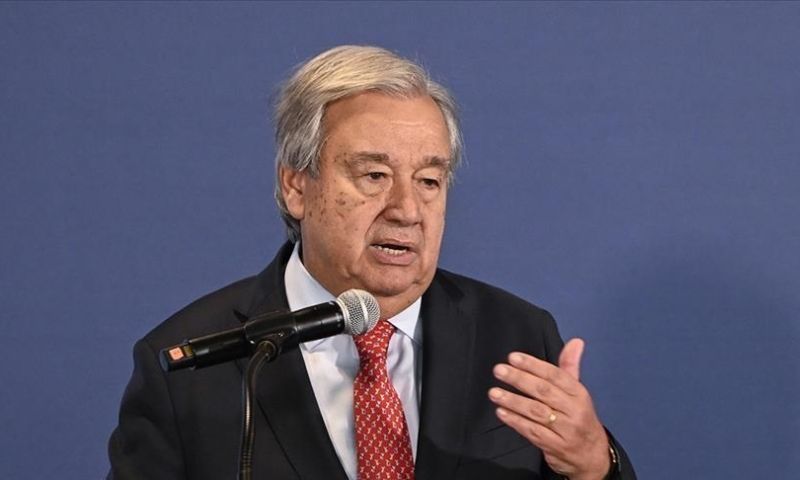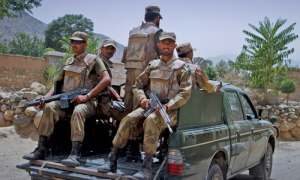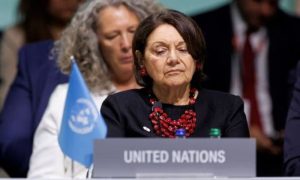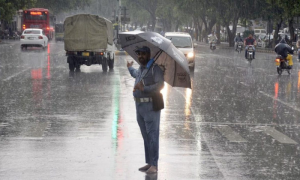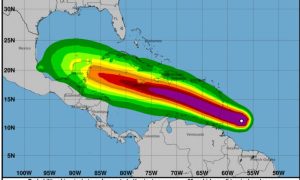GENEVA: The UN Secretary-General Antonio Guterres has yet to name a permanent replacement for the global body’s aid chief, who stepped down due to health reasons on Friday. This delay has sparked criticism during a period of unprecedented global humanitarian needs.
Martin Griffiths, a former British diplomat known for his mediation efforts including the Black Sea Grains deal and advocacy during the Gaza war, intends for his deputy, Joyce Msuya of Tanzania, to serve as acting chief.
Critics argue that the absence of a permanent successor sends the wrong signal, especially as some donor contributions lag behind. This year’s budget of $48.7 billion remains less than 20% funded, exacerbating challenges in humanitarian efforts worldwide.
Jan Egeland, former aid chief and current secretary-general of the Norwegian Refugee Council, voiced concerns about the temporary appointment, highlighting the diminished authority and perspective it may entail during a critical phase in humanitarian work.
While the U.N. has not provided immediate comment on the matter, disappointment among diplomats underscores the urgency of appointing a permanent Under-Secretary-General for Humanitarian Affairs and Emergency Relief Coordinator.
Traditionally, appointments to key U.N. roles are based on informal agreements among the five permanent Security Council members. The United Kingdom typically oversees aid-related positions, reflecting historical precedents.
Richard Gowan, U.N. director at the International Crisis Group, suggested that Guterres may be awaiting the outcome of the British election on July 4 before finalizing the appointment process. He stressed the importance of a structured leadership transition to avoid perceptions of uncertainty.
Amidst Griffiths’ departure, concerns about the transparency and merit-based nature of U.N. appointments have resurfaced. The Geneva staff union has urged Guterres to ensure a fair selection process that prioritizes qualifications over nationality.
Established in 1991, the Emergency Relief Coordinator role has become increasingly pivotal, aiding over 300 million people globally from regions such as Sudan to Ukraine. The position’s significance has grown as the U.N.’s focus shifts from conflict resolution to managing humanitarian fallout and displacement crises.
In a recent interview, Griffiths expressed apprehension about the future of humanitarian efforts, emphasizing the urgent need for capable leadership.









